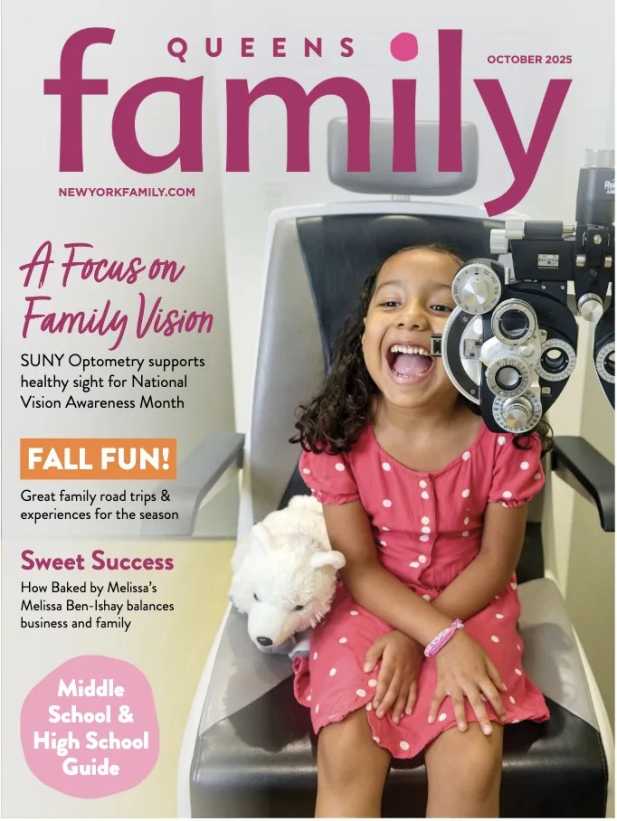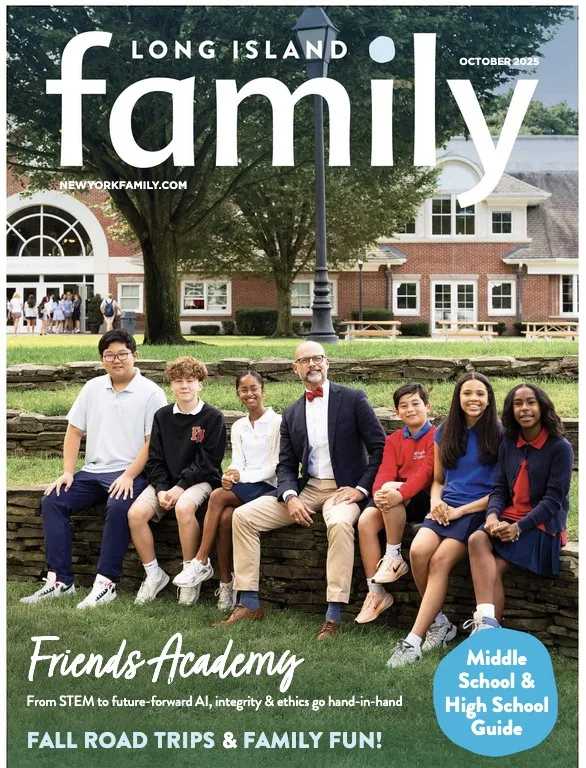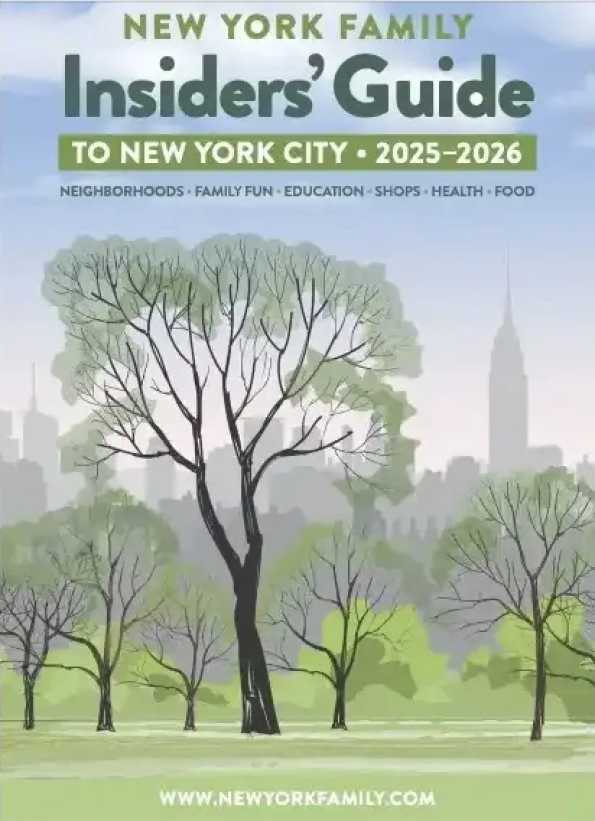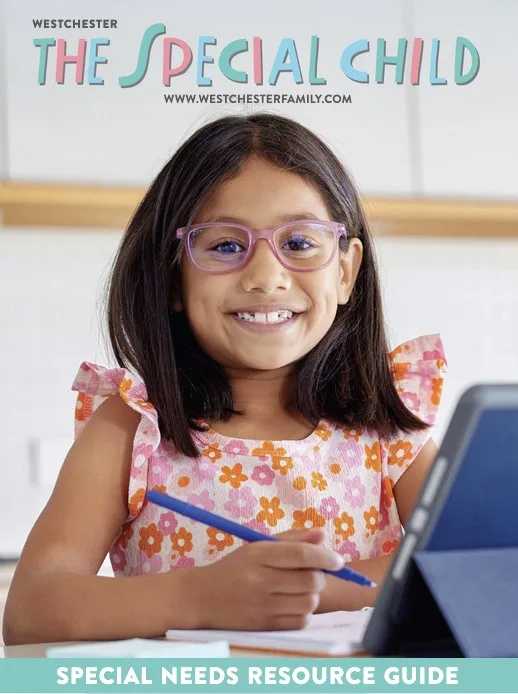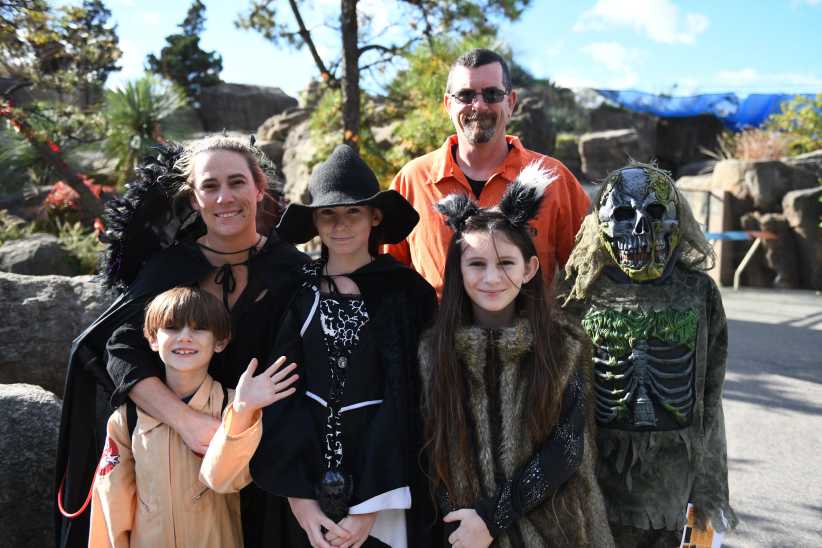 We spoke to City Bike Coach’s Coach Lee to find out more about how best to ride with children given their different developmental stages. Here is some basic information that parents should know before pedaling with the family this spring and summer.
We spoke to City Bike Coach’s Coach Lee to find out more about how best to ride with children given their different developmental stages. Here is some basic information that parents should know before pedaling with the family this spring and summer.
How early can parents start riding with their children?
In New York, children can start enjoying bicycling after one year of age. This is because not all babies have full control or range of their muscular-skeletal system. Some babies may not be able to handle the weight of their heads–and a helmet, which is required by law. Babies might also have trouble expressing their discomfort!
What should parents know about riding with toddlers?
Toddlers love to express themselves–and yell! So, it becomes easier to hear them from either the back child seat or the front child seat of the bike. At this age, children want to meet expectations, so consider introducing a safety routine for them to abide by. For example, parents can ask, “What do we need to get ready for our ride today?” Toddlers should be able to say, “Helmets!” or “Snacks!”
How can I ride with my Pre-K to K child?
After outgrowing their bike seats, children can be transported in a trailer or a cargo bike for continued enjoyment without riding solo yet. While parents know their children best, it is important to realize that this age group does not have the reasoning skills or the ability to make certain judgments 100 percent of the time. Parents need to think carefully about when and where they let their children ride during this stage.
The National Highway Traffic Safety Administration has also found that children use vision first, not hearing, to figure out where traffic is coming from so that they think that if they don’t see any cars, they’re safe. Interestingly, NHTSA also concluded that children think that just because they can see themselves, they are visible. Parents need to consider these factors when educating their children about riding.
At what age can children start riding their own bicycles?
This is an interesting question because children develop in their own time. For example, some two-year-olds can quickly show signs of balancing on a bicycle but not yet have the strength to pedal, while some six-year-olds may be coordinated, but are too scared to even get on a bike. At City Bike Coach, we let the children–regardless of age–tell us when they are ready. When parents notice that their children show signs of coordination and fluidity in movement coupled with a keen desire and interest in learning how to ride, then by all means let them try! Children go through cycles of learning, which means that they may excel at something one day and then forget everything the next day. Seeking professional assistance or doing research on the various teaching methods is paramount to ensuring that learning how to ride a bicycle remains a positive experience.
What do parents need to know about riding with a five- to eight-year-old?
While children at this age have refined motor skills, they do not remember everything that they are told. This means that parents need to frequently reinforce the family’s bicycle safety routine. This can be done in fun ways such as reading picture books like Franklin’s Bicycle Helmet by Paulette Bourgeois or Bicycle Book by Gail Gibbons. At the older end, eight-year-olds are better at reasoning and problem-solving. Posing “what should we do?” types of questions is a good reminder of how to be a passenger–or rider. One of the major causes for crashes with children is the failure to look both ways. Parents could ask, “What do we do right after we get on our bikes?” This is also a time when parents can determine whether their children are ready to ride on a trail-a-bike, on a tandem, or alongside them. It might be a good idea to rent these items before making a permanent investment.
How can parents get the most out of riding with their 9- to 13-year-old?
While the early stages of childhood are fun, this stage really gives parents more freedom to ride farther and longer with their children. This is because children at the older end of this spectrum are more able to think in hypothetical terms and more abstractly. This age group can start to think about consequences and “what if”s. This is an important stage of development because with the proper routines and reminders in place, children can enjoy a lower-risk ride. Just make sure to test distances and equipment before embarking on a long bike trip.
Also, check out Five Great Cycling Spots For NYC Bike Rides and Our City’s New Bike Share Program.
City Bike Coach is a fun bicycle school and coaching service for all ages serving the Greater NYC area. CBC also offers free weekend rides through its NYC Fun Cyclers riding group as well as six annual holiday fun rides. For more information: Web site: CityBikeCoach.com. E-mail: citybikecoach@gmail.com. Telephone: (917) 536-6120.


